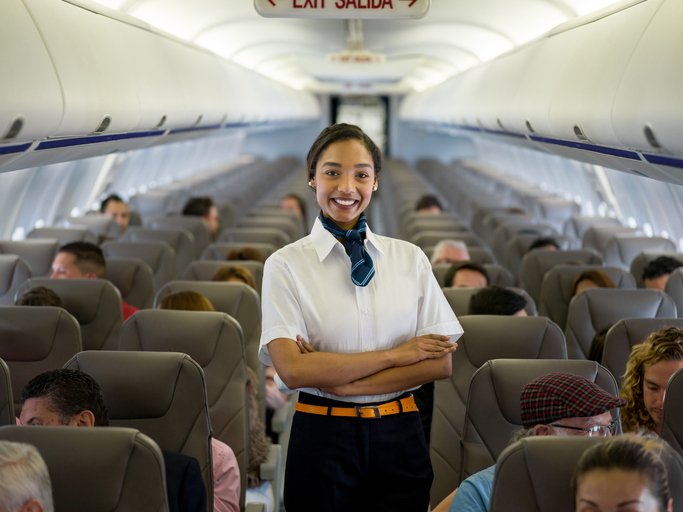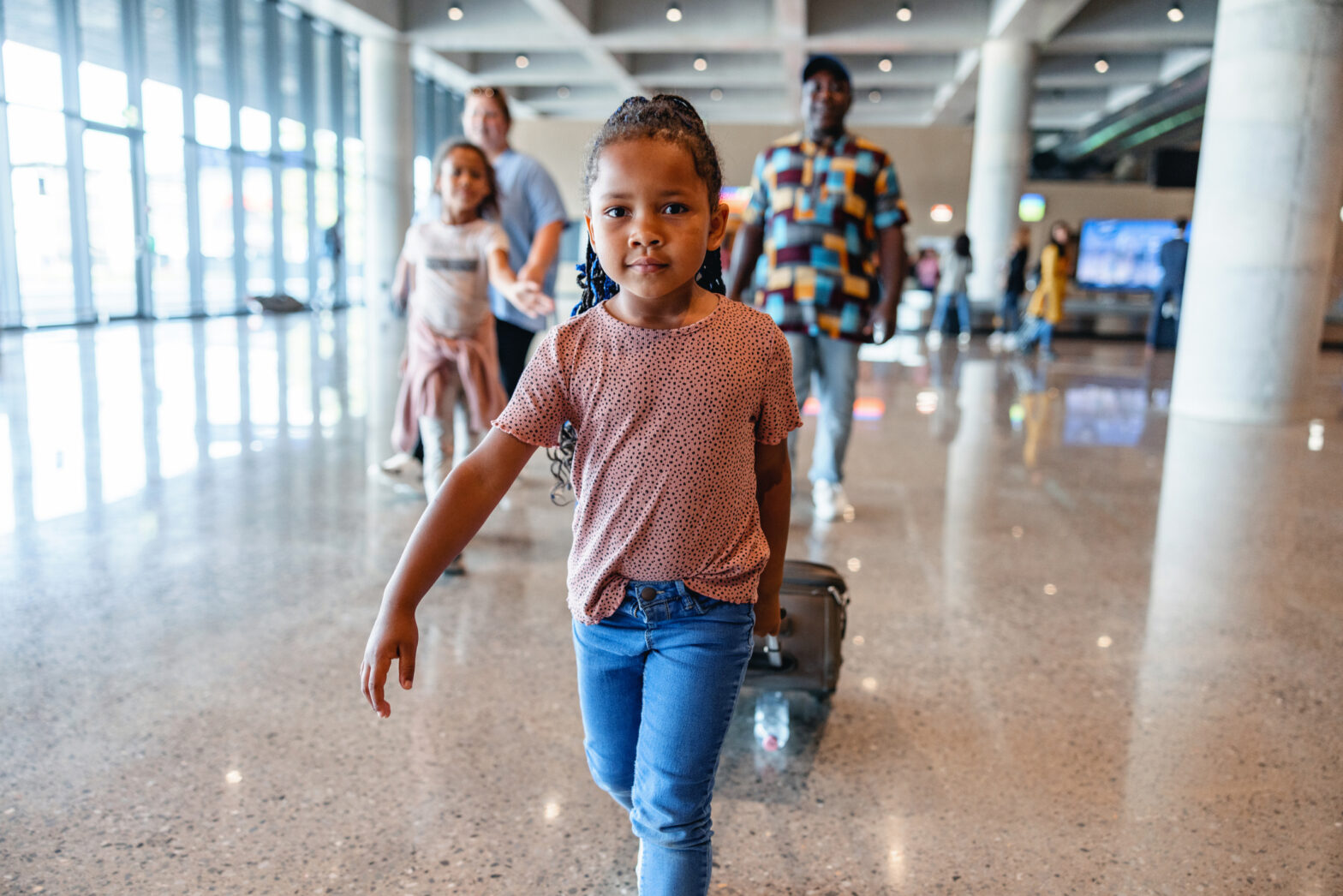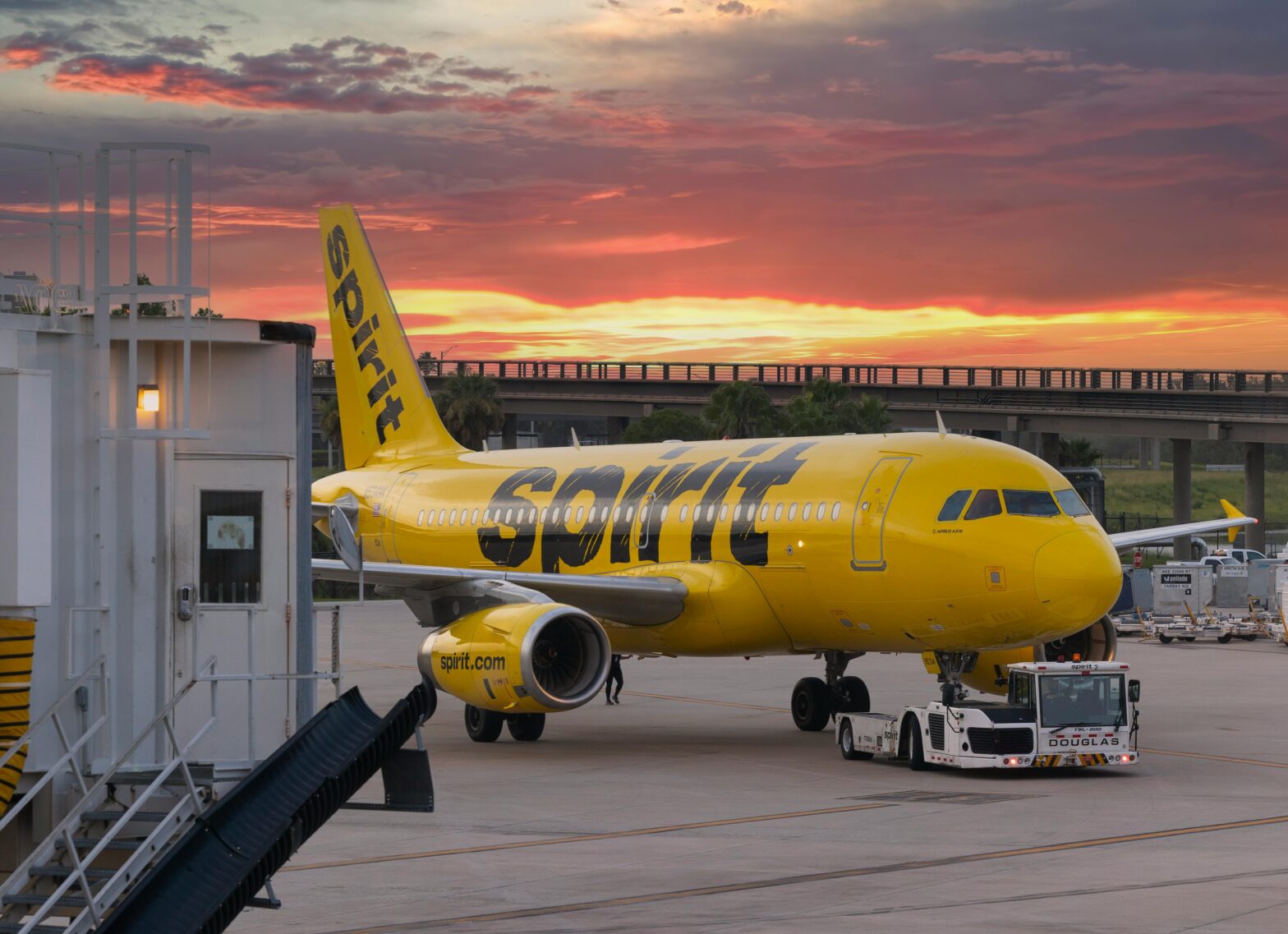Former flight attendant Clara Fu tells her story to BBC of how she had to resign from Singapore Airlines once she was pregnant.
Flight Attendants Must Resign After First Trimester
Singapore Airlines used to have a policy that flight attendants must resign at the end of their first trimester. When Fu found out she was pregnant, her happiness immediately turned to worry, as she knew her time was about to be up as a flight attendant. She eventually returned to the role after her pregnancy, but once she became pregnant again, she couldn’t quit her job as she was the primary breadwinner for her family.
Fu did what she knew she had to do and hid her pregnancy as long as possible. Up to five months until a passenger noticed she had a baby bump. “It was difficult. I managed to carry on as usual for as long as I could,” Ms. Fu says.
Singapore Airlines’ dated policy, which they finally dropped in July, was legal in Singapore. Clarence Ding from the law firm Simmons & Simmons explains the country has no anti-discrimination laws, “This is not to say SIA’s policy was not problematic. Singapore’s employment guidelines state that employers should implement fair employment practices,” he says.
A note from the airline:

“The guidelines do not have the force of law. It does not prescribe any penalties for non-compliance. The only reason why companies adhere to the guidelines that the Ministry of Manpower (MOM) has repeatedly stated that all employers must do so,” Mr. Ding adds.
“The MOM holds the real power as it has the ability to sanction employers by scrutinizing their employment practices more closely and by curtailing their work pass privileges.”
Singapore Airlines never gave a reason for the policy change. However, airlines around the world have had issues with staff shortages due to lay-offs during the pandemic. The new policy expresses that pregnant flight crew can apply for jobs on the ground for nine months. Then they can return to flying after the birth of their children.
“Eligible cabin crew who have applied for ground positions so far have been offered available positions suitable for their expertise. These jobs include administrative support in our cabin crew division,” SIA said.
Becoming A "Singapore Girl"

Becoming a “Singapore Girl” was appealing to all the women in the country, and it was held with very high regard.
Elizabeth Low, a flight attendant for Singapore Airlines in the 80s, talks about how it was a privilege to have such a role. “Being pregnant was not an option. No one kicked up a fuss because everyone knew. You either sacrificed your family life or your career,” she adds.
In 2010, Singapore Airlines required women to quit for health reasons, “the physical demands of the job mean that all our cabin crew must be fit to perform their duties.”
“As a responsible employer, we would not think of compromising the physical well-being of pregnant crew and their unborn children,” the airline said in a response published in Singapore’s Straits Times newspaper.
“Our cabin crew are on five-year contracts, rather than on permanent terms, and it is for the reasons stated above that the employment of female crew ceases after the first trimester of a pregnancy,” it added.
The International Air Transport Association (Iata), the industry’s trade body, told the BBC it has no recommendations on the policy because “these are HR policies by individual companies.”
Policy Changes

Singapore’s Prime Minister Lee Hsien Loong made plans to change many of the workplace guidelines that practiced any type of discrimination.
“Philosophically, writing [the] guidelines into the law is a major move. It signals that we do not tolerate discrimination at workplaces,” Mr Lee said.
“The workplace has changed radically in recent years. It has forced a ground-up rethink within organizations around what kinds of policies are acceptable,” says Mr. Ding. “This is very much a by-product of the war for talent, with companies scrambling to attract the brightest and the best to work for them,” Ding added.
Discrimination?
Clara Fu now works in the pharmaceutical industry. She states she missed out on an $11,000 bonus awarded after five years of service due to her pregnancy. Still, she’s happy that changes have been made to Singapore Airlines’ policies.
“I’m lucky because my parents and parents-in-law were supportive. It would have been worse if I didn’t have that,” Ms. Fu says. “As a national carrier, SIA should really be supporting women with young families. If there was better support, I might have stayed on.”





